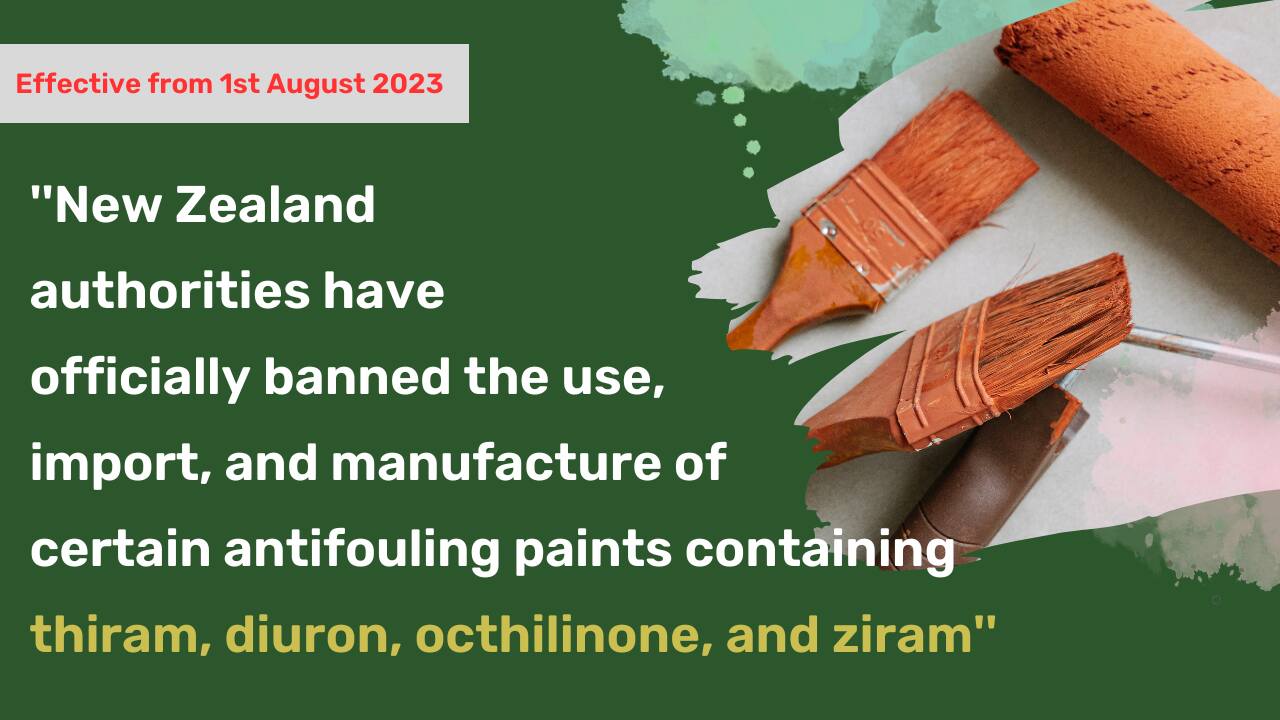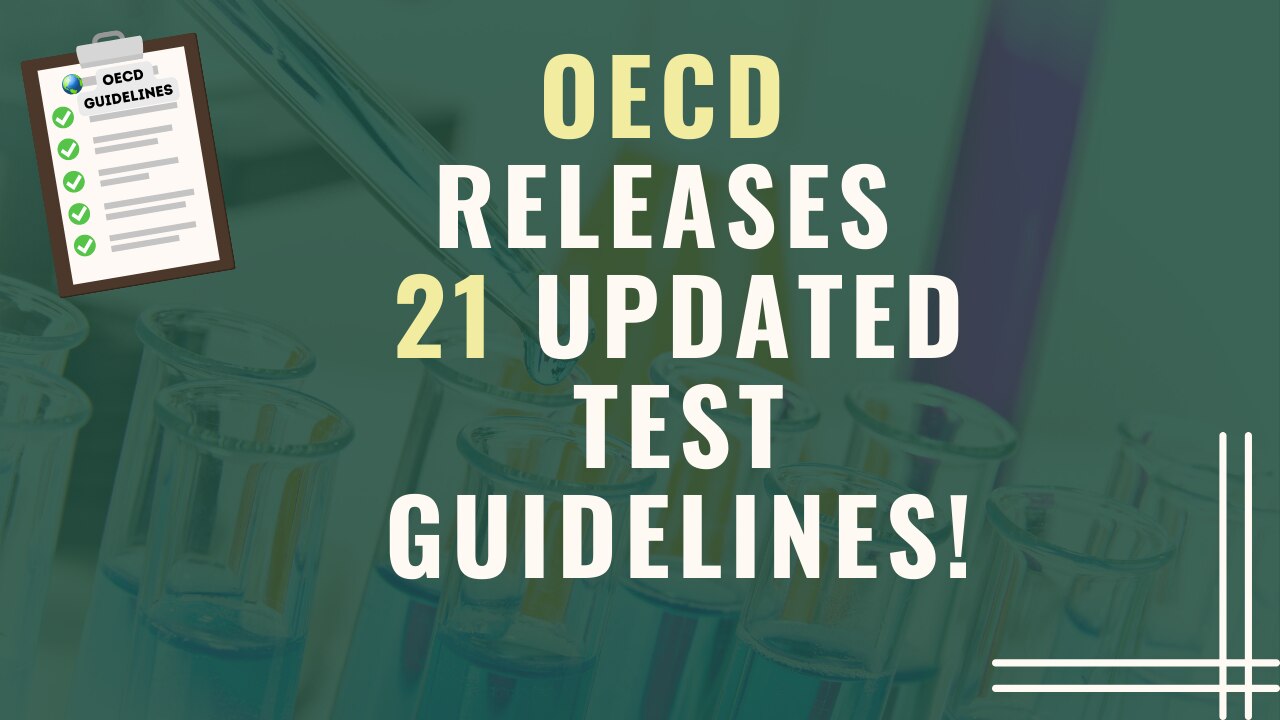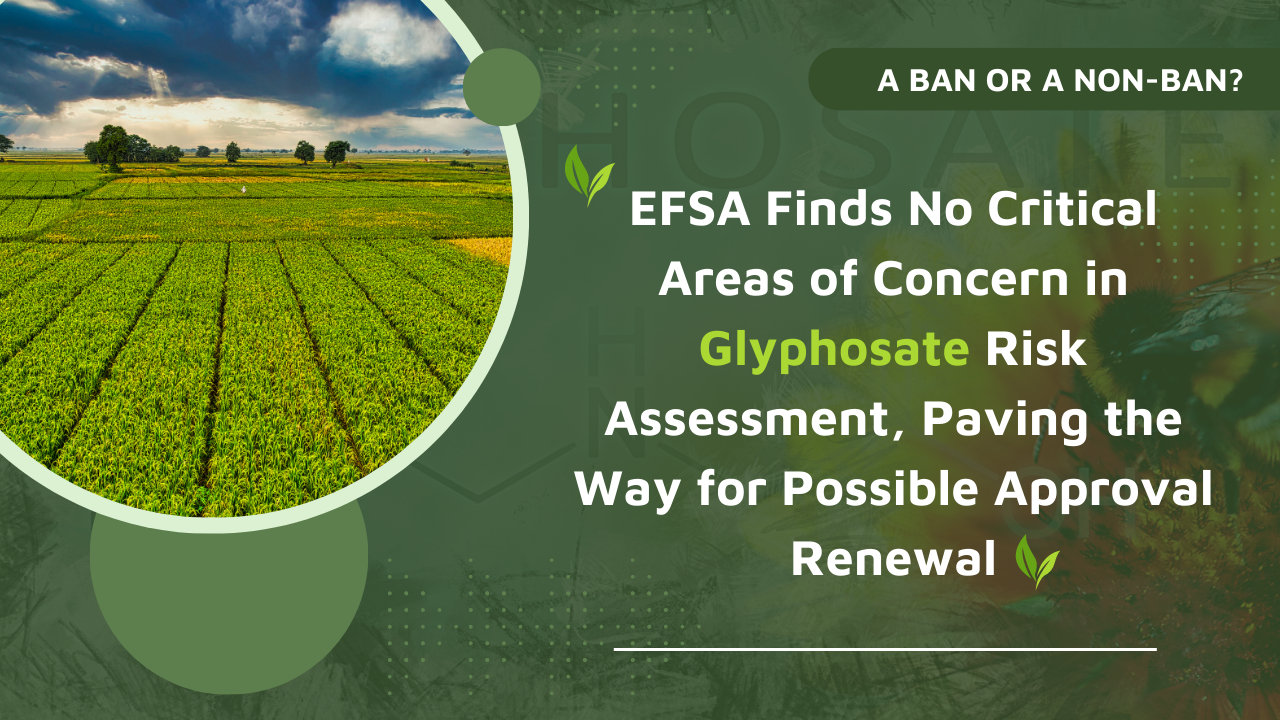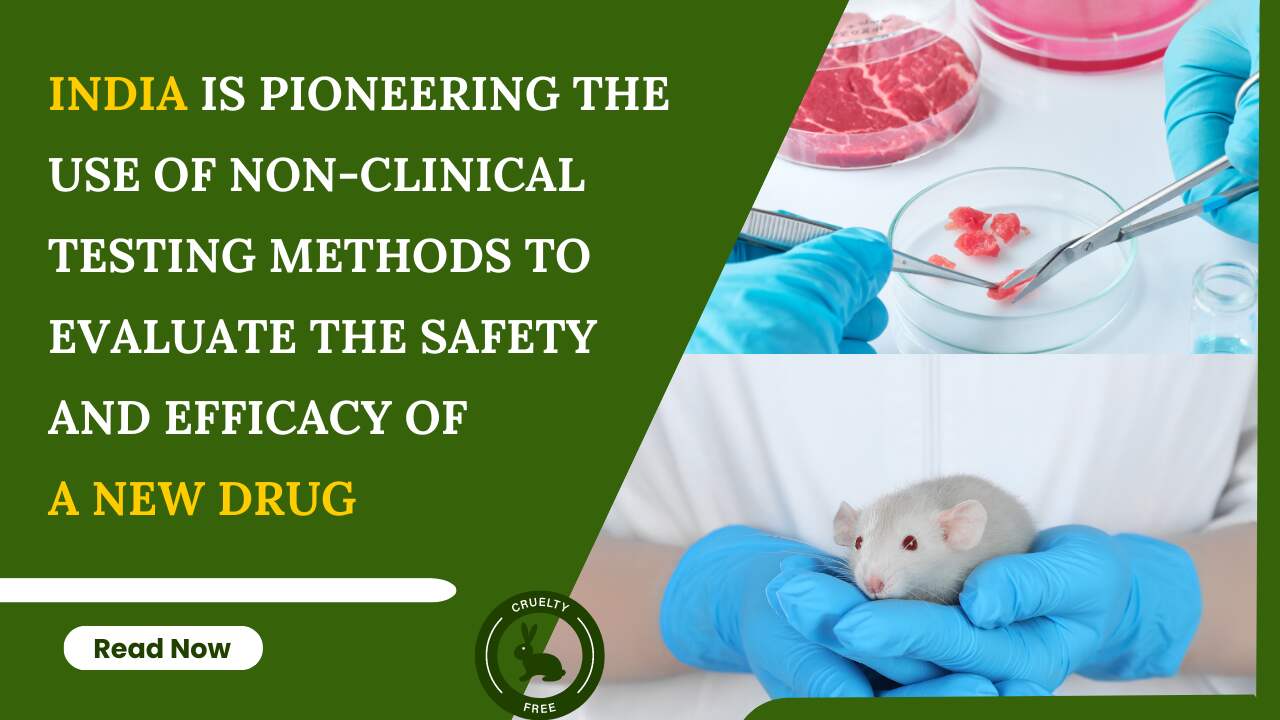In a move to protect the environment and public health, New Zealand authorities have officially banned the use, import, and manufacture of certain antifouling paints containing thiram, diuron, octhilinone, and ziram, effective from 1 August 2023. The decision to phase out these paints was made due to their detrimental effects on marine ecosystems and potential […]
The European Chemicals Agency (ECHA) has initiated a crucial step in ensuring the safety of chemical substances within the European Union. The agency has invited concerned parties to participate in the consultation process for harmonized classification and labelling (CLH) of various hazardous substances. The hazardous classes currently open for public comment have been indicated for […]
The Organisation for Economic Co-operation and Development (OECD) has announced the publication of several significant updates and corrections to its Test Guidelines for chemical safety testing. These guidelines play a crucial role in providing standardized methods for assessing the potential risks associated with various chemicals. The new guidelines aim to enhance the accuracy and reliability […]
In a groundbreaking development, the European Food Safety Authority (EFSA) has announced that it did not identify any critical areas of concern in its recent peer review of the glyphosate risk assessment an active substance commonly used in herbicides. This assessment pertains to the potential risk glyphosate poses to humans, animals, and the environment. The EFSA’s […]
Amendment to the New Drugs and Clinical Trial Rules (2023) Scientists and researchers empowered to explore alternative testing methods, reducing reliance on animal experimentation. The amendment empowers scientists and researchers to explore alternative testing techniques such as in vitro studies, computer simulations, and other cutting-edge technologies. By leveraging these non-animal methods, researchers can obtain […]





